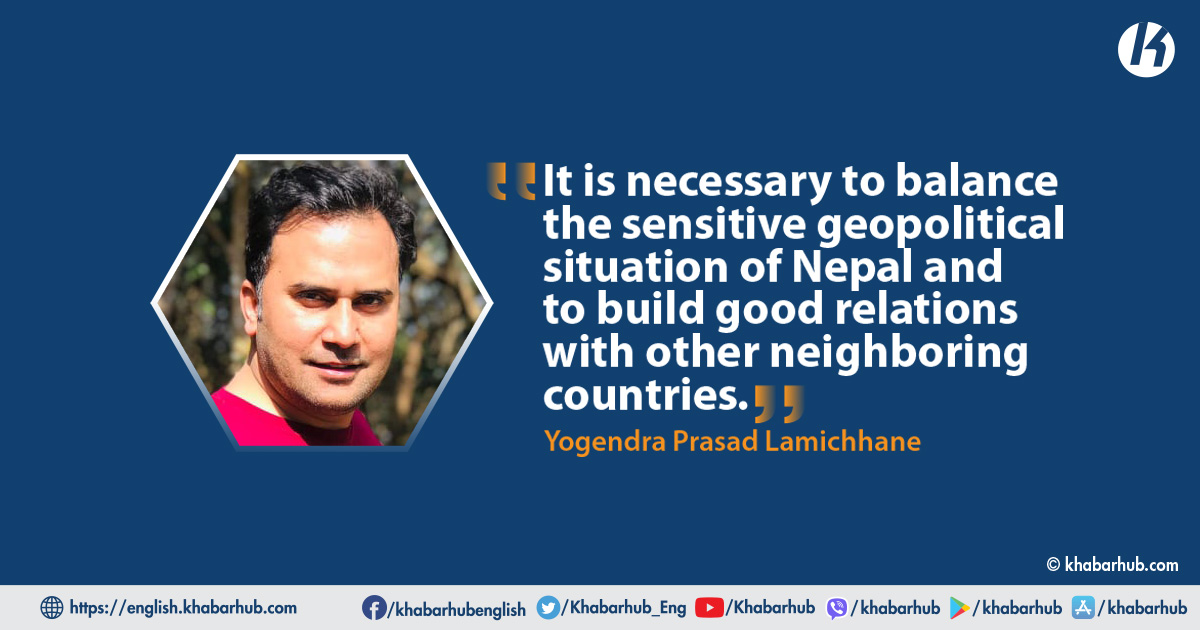The Millennium Challenge Corporation (MCC) is a US agency; established with the objective of reducing poverty through economic growth.
As of 2019, the MCC Board has approved 37 compacts worth $13 billion in 29 countries.
In this course, the U.S. Government and the Government of Nepal had signed a $500 million MCC compact in September 2017.
MCC was requested by the Government of Nepal in 2011. The main objective of the MCC Compact signed with Nepal is: to improve regional energy connectivity and roads, increase the availability of electricity, and facilitate cross-border electricity trade between Nepal and India, helping to investments, economic growth, and reduce poverty.
The Government of Nepal in support of the compact also had provided an additional $130 million. With this $500 million grant, a 315 km double circuit 400 KV transmission line will be constructed including improvement of roads (305 KMs).
The main pre-conditions of this compact before going to implementation phase—-that this need to be ratified by the parliament. It was ratified in the parliament with much delay (Feb 27th, 2022)— which is nearly 4 years after the agreement.
Why there was a delay?
Nepali political leadership was sharply divided on whether the federal parliament should ratify the compact or not.
People had several opinions of describing the reasons behind the US in ratifying this compact through parliament.
Some of the popular stories were: MCC ratification by parliament will see US soldiers in Nepal the right way or this Compact will become superior to Nepal’s constitution.
Scholars, political parties, political leaders campaigners who are left-leaning and conservative had rejected this deal because of their perceived understanding that this MCC compact is part of the US Indo-Pacific Strategy.
Secondly, they also had claimed that the terms and conditions of this Compact will affect national sovereignty.
MCC’s senior delegation led by Fathima Sumar visited Nepal in September 2021 to create a favorable environment for the MCC compact to be ratified by the parliament.
It is wise for Nepali society to stay away from anti-development narratives based on the conspiracy theory with baseless logic and pseudo-nationalism.
On Oct.29, 2021: MCC headquarter had released a statement; expressing their concerns over the delay in parliamentary ratification.
According to the statement –”The United States and Nepal have forged a partnership based on shared values, democratic ideals, and trust for more than 70 years. From disaster assistance after the 2015 earthquake to the ongoing response to the coronavirus pandemic – including the donation of 1.6 million COVID19 vaccines to date. The $500 million grant from the Millennium Challenge Corporation (MCC) is a continuation of the strong partnership between the United States and Nepal to reduce poverty through economic growth.”
Underlining the diplomatic activities in Kathmandu during the MCC ratification process; the Chinese attempted to influence the overall MCC process in Nepal.
According to many Democratic-leaning experts, China understands MCC is America’s strategy to counter to Belt Road Initiative.
On Feb 9th, 2022 US Assistant Secretary State for South and Central Asia Donald Lu had a telephone call with key leaders of Nepal quoting, “ If MCC will be rejected; the US will understand that China is behind to it”. In a counter-statement; Chinese Foreign Ministry spokesperson Hua Chunying had said “How could a grant be sent by an ultimatum”. These watershed moments between the world’s two superpowers remind us to the ear of the US-Soviet Union Cold War times.
The Nepal Communist Party( Maoist Center) and Nepal Communist Party( Socialist) had stated that they will not pass it without any amendment.
In the midst of a long dispute, Nepali Congress decided to pass the bill in any case. Prime Minister Sher Bahadur Deuba-led government tabled MCC in the Parliament on 20 February 2022 almost three years after it was registered in the Parliament Secretariat.
Three partners in the Deuba government, the Communist Party of Nepal (Maoist Centre), the CPN (Unified Socialist) and the Janta Samajbadi Party (JSP) finally agreed to vote in favor of the compact because of reaching to consensus with an “interpretative declaration”.
The 12 points declaration, which is called the “Interpretative Declaration” includes the government’s answers and clarification to questions raised in the parliament.
The Interpretative Declaration was prepared in consultation with the US Embassy, Kathmandu and soon it will be verified via ‘Letter of Exchange’. Interpretative Notes in the international treaty are a global practice.
Way forward
The main challenges for MCC implementation are China’s view that this grant is against her national security.
Secondly, the lack of consensus for this compact among many left-leaning parties who are outside of the parliament, issues arising in land acquisition, compensation, increase in the value of the U.S Dollar due to the ongoing Russia-Ukraine war making the construction materials very expensive.
It is necessary to balance the sensitive geopolitical situation of Nepal and to build good relations with other neighboring countries.
By observing the political divisions in the MCC as well as the growing interest of neighboring countries, it is important to deal, negotiate and sign in an appropriate manner so that unnecessary hurdles couldn’t arise.
The MCC story has been the best ‘lesson learning’ for all development workers, ministries, policymakers, political leaders, diplomats with regards to handling the international treaties, especially parties who are geopolitically and ideologically opposing.
It is wise for Nepali society to stay away from anti-development narratives based on the conspiracy theory with baseless logic and pseudo-nationalism.
In the current state of our national economy, taking grants is much more beneficial rather taking loans for development projects.
(The author is the Founder/Chairman of Rastriya Adhyan Kendra)









Comment